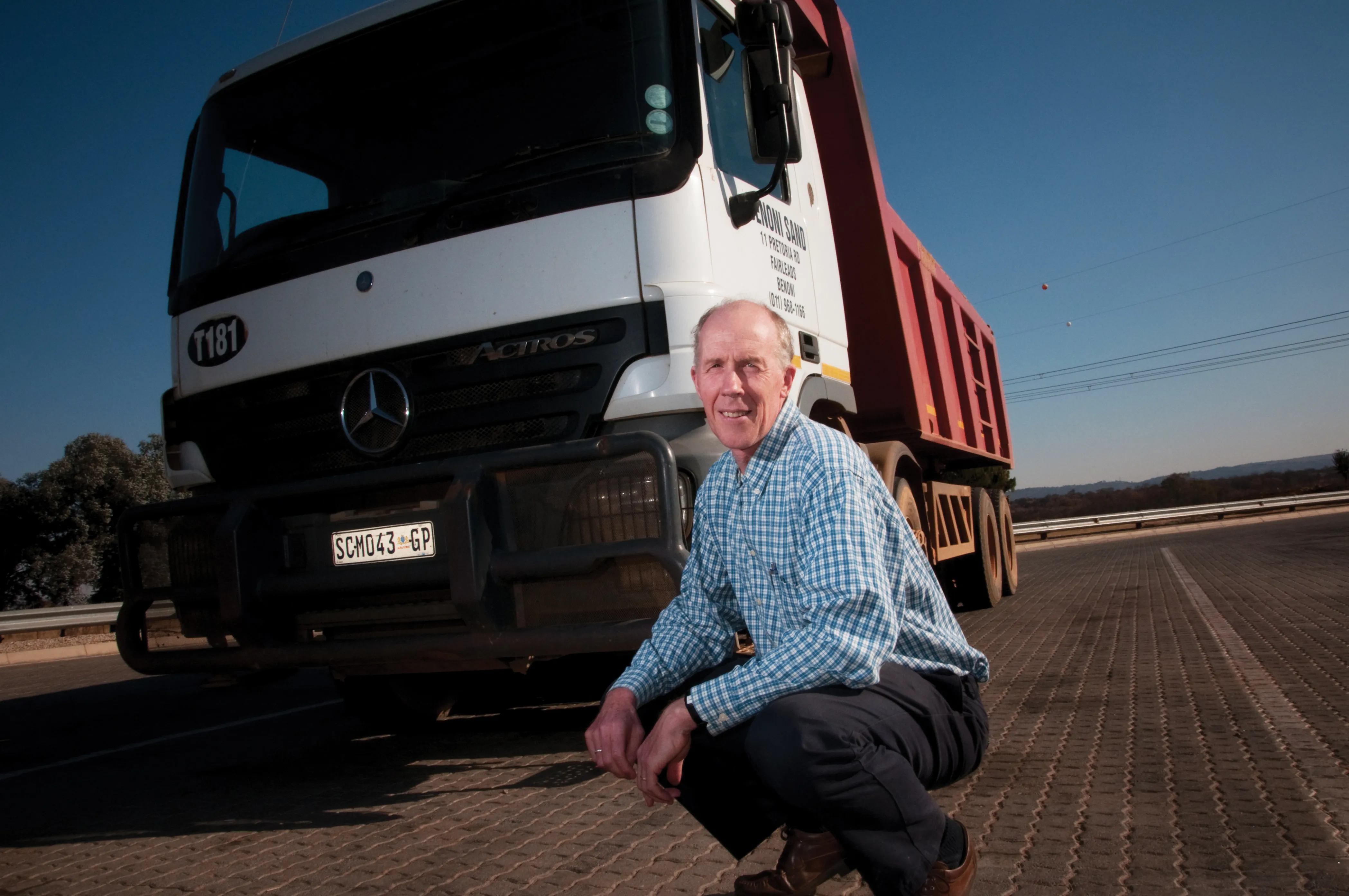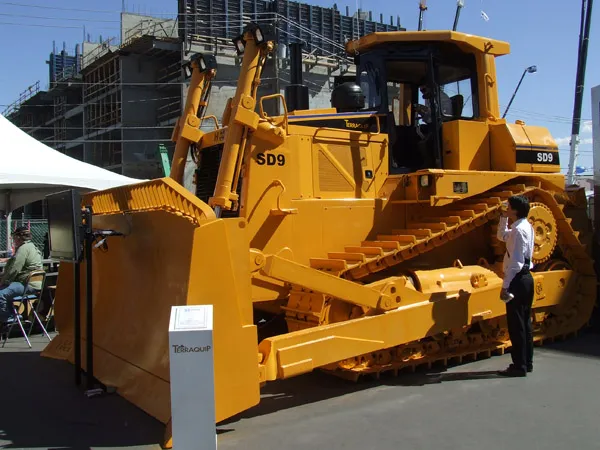Terex Trucks is boosting its customer support in Angola with the appointment of Auto Maquinaria. The firm is now the official distributor of the Terex Trucks brand articulated and rigid dump trucks in Angola.
Headquartered in its newly-opened facility in the capital Luanda, AMQA will also provide factory-approved parts and other essential aftermarket care services to customers throughout the country in Southern Africa. Pleased with the addition of Terex Trucks’ machines to the company’s portfolio, Adrian
March 28, 2017
Read time: 2 mins
Headquartered in its newly-opened facility in the capital Luanda, AMQA will also provide factory-approved parts and other essential aftermarket care services to customers throughout the country in Southern Africa. Pleased with the addition of Terex Trucks’ machines to the company’s portfolio, Adriano David, sales director at AMQA, revealed that the appointment means its hauler offering to customers in Angola now comes with an increased payload.
Africa’s seventh largest country, Angola is rich in natural resources. The growth of the country is almost entirely driven by commodities, and considerable exploration is underway in Angola. Over the next few years, several major extraction projects will open up, especially since it is estimated that as little as 40% of the Angolan resources have been identified.
To complement its existing range of products, AMQA will add all four Terex Trucks rigid haulers, the TR45, TR60, TR70, and TR100, as well as its TA250, TA300 and TA400 articulated dump trucks. Part of the NORS Group – which is one of the world’s largest suppliers of industrial equipment for construction and infrastructure – AMQA was chosen to be Terex Trucks’ official distributor in Angola because of its experience and knowledge of the market.









